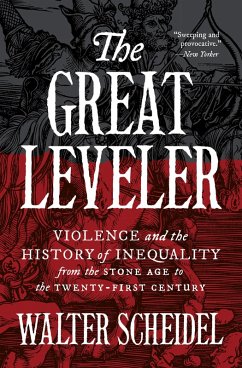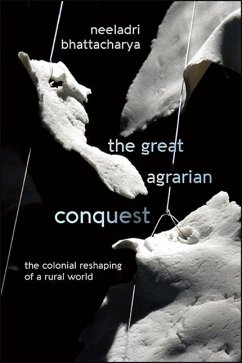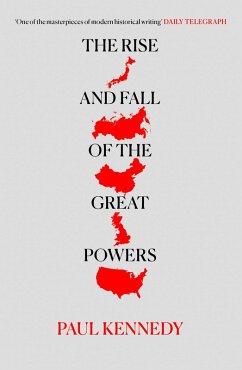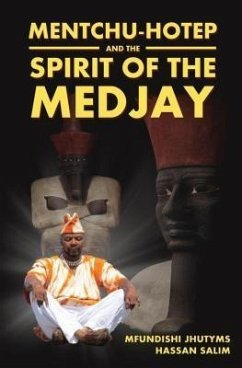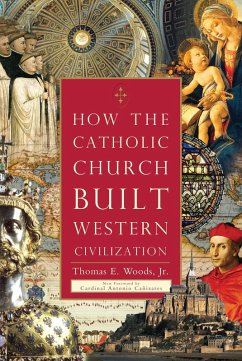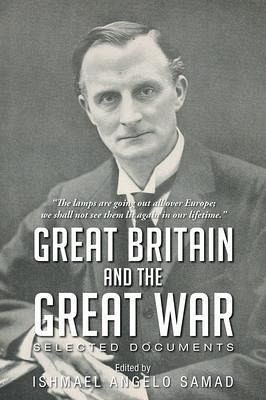
Great Britain and The Great War (eBook, ePUB)
Selected Documents
Versandkostenfrei!
Sofort per Download lieferbar
7,99 €
inkl. MwSt.
Weitere Ausgaben:

PAYBACK Punkte
4 °P sammeln!
There can be no denying that Germany must bear full responsibility for the Great War. But precisely what was the root cause of this terrible tragedy that befell mankind a century ago? The leading statesmen and scholars of the period enlighten us on the origin and nature of this devastating conflict. War begins in the minds of men and it was the perversion of the German mind and will that made the Great War inevitable. And the individual responsible for this grotesque perversion was the German philosopher Friedrich Hegel. (In a paraphrase of Heinrich Heine (1797-1856), Isaiah Berlin admonished:...
There can be no denying that Germany must bear full responsibility for the Great War. But precisely what was the root cause of this terrible tragedy that befell mankind a century ago? The leading statesmen and scholars of the period enlighten us on the origin and nature of this devastating conflict. War begins in the minds of men and it was the perversion of the German mind and will that made the Great War inevitable. And the individual responsible for this grotesque perversion was the German philosopher Friedrich Hegel. (In a paraphrase of Heinrich Heine (1797-1856), Isaiah Berlin admonished: "Philosophical concepts nurtured in the stillness of a professor's study could destroy a civilization.") Hegel believed history is the onward march of God, of the Absolute, of the World Spirit. The World Spirit acts in the realm of history through nations and through human personalities who are its chosen instruments. When Hegel saw Napoleon riding through the streets of Jena, he declared he met the World Spirit on horseback. In any one specific historical period, one people and one alone are the unconscious instrument of the World Spirit. Hegel identified the German nation as the dominant people for this epoch and the new agent of human progress. Revered as the philosopher of the Prussian State, generations of scholars, lecturers, educators, teachers, statesmen, administrators, and military historians took their political philosophy as well as their outlook on the State and society from him. "The State is the materialization of the Divine idea, the moral spirit, as the manifest, self-evident will which conceives and knows, and to the extent that it knows, executes." "Everything that man is, he owes to the State; only in it can he find his essence. All value that a man has, all spiritual reality he has only through the State." "War has the higher significance in that through it nations maintain their moral soundness." "So mighty a form as the World Historical Figure must trample down many an innocent flower and crush to pieces many an object in its path." It is the atheistic and sterile philosophy of Friedrich Hegel (1770-1831) wherein one finds an explanation of unbridled German militarism and glorification of war and conquest, and the German "cult of valour." In Hegel lies the Prussian obsession with military invincibility, succinctly expressed in those awesome epithets; "Blood and Iron," "Might is Right." In Hegel one understands the yearning for a war in defence of the Fatherland. It is atheistic philosophers like Hegel who have armed demagogues with ideas to wage war on the human race. And the Great War was a war of ideas; hence its duration and ferocity. (See Friedrich Engels' remarkable prophecy p 933)
Dieser Download kann aus rechtlichen Gründen nur mit Rechnungsadresse in A, D ausgeliefert werden.




